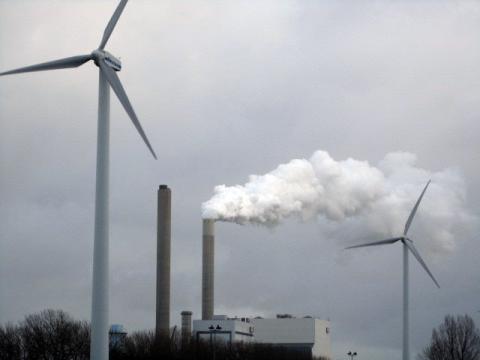
Education is a future-oriented and empowering activity that lifts people up, gives them the tools to make informed choices and thus become more self-reliant and interdependent. As educators, RSCJ have been deeply concerned about the future since our founding in 1800.
Sustainable development too is concerned about the future. The Report of the Brundtland Commission in 1987 described sustainable development as
development that meets the needs of the present without compromising the ability of future generations to meet their own needs.
At its core, sustainable development is characterized by three interdependent and mutually reinforcing pillars: economic development, social development and environmental protection.
Today, however, the world experiences a profound disconnect between the economy on the one hand and social development and environmental protection on the other. One has grown at the expense of the others; the result is widespread poverty, environmental degradation/destruction, as well as unsustainable consumption and production patterns. Loss of biodiversity, over-fishing and depletion of marine life negatively impacted by environmental diminishment like vanishing coral reefs are just a few examples of how the world has jeopardized its own existence. We urgently need to reconnect the dots between Earth and humanity.
One meeting that will try to do just that is the United Nations Conference on Sustainable Development – commonly referred to as Rio +20 – in June 2012 in Rio de Janeiro, Brazil. Twenty years after the Earth Summit of 1992, world leaders will once again go to Rio to take stock of where we have been and to forge agreements on what more needs to be done in order to sustain all life on Earth. We need to implement without delay an agenda for creation-centered development.
Rio +20 will have two main themes: the green economy in the context of sustainable development and poverty eradication; and an institutional framework for sustainable development.
While there is much talk of a green economy within and outside the UN, there is no generally accepted definition of what it is. The United Nations Environment Programme (UNEP), however, describes the green economy as one that
results in improved human well-being and social equity, while significantly reducing environmental risks and ecological scarcities. In its simplest expression, a green economy can be thought of as one which is low carbon, resource efficient and socially inclusive.
(UNEP, Towards a Green Economy: Pathways to Sustainable Development and Poverty Eradication, A Synthesis for Policy Makers, 2011, page 2)
The limitless growth and production model of development has failed both Earth and humanity. In order that our planet and her seven billion inhabitants may flourish, we must return to the originally envisaged model of integrated sustainable development, which favors values such as burden-sharing and solidarity, the common good and the integrity of creation – in short, an option for LIFE itself.
Cecile Meijer, rscj
December 2011

